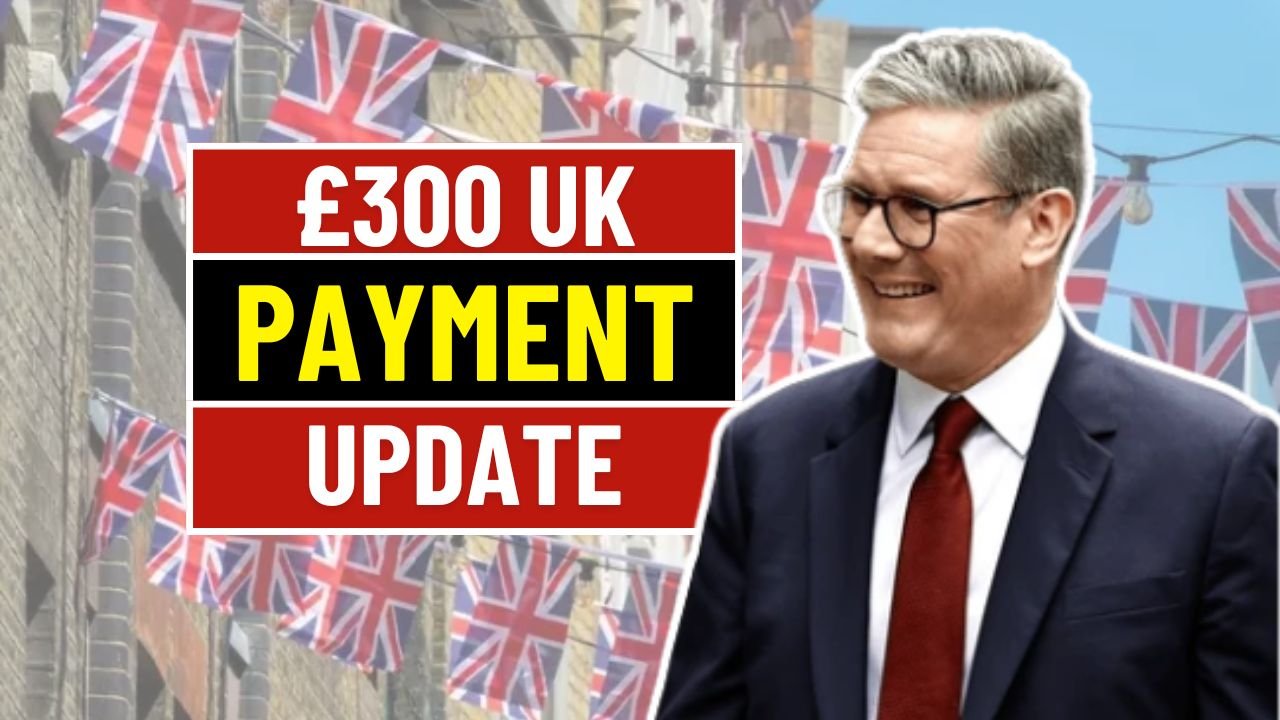As the financial strain continues to mount on households across the United Kingdom, the government has announced a crucial relief measure a second £300 Cost of Living Payment for 2025. This payment, part of the wider economic assistance framework, aims to support low-income families and individuals still grappling with elevated utility bills and persistent inflation in essential goods. With everyday costs continuing to climb faster than wages, this additional payment provides timely financial reinforcement.
Understanding the New £300 Support Scheme
The new £300 payout is part of the government’s broader initiative to assist financially vulnerable groups across the UK. Scheduled to be disbursed between May and June 2025, this installment follows the series of previous cost of living payments delivered throughout 2023 and early 2024. The Department for Work and Pensions (DWP) and HM Revenue and Customs (HMRC) will handle the distribution of this benefit to eligible recipients.
Payment Details and Key Dates to Remember
The payment amount has been confirmed at £300, marking it as the second installment for 2025. Like its predecessors, the payout will be automatically deposited into the bank accounts of those who qualify, without requiring any application. This automated process ensures swift and efficient delivery to those in need. The previous cost of living payment, amounting to £299, was successfully distributed between 6 and 22 February 2024, offering a precedent for this new disbursement.
Eligibility Criteria Defined for 2025 Disbursement

To receive the upcoming £300 installment, individuals must be in receipt of at least one qualifying means-tested benefit during a specific period, which is yet to be disclosed by the government. Eligible benefits include Universal Credit, Income-based Jobseeker’s Allowance, Pension Credit, Employment and Support Allowance (income-related), and Tax Credits. However, individuals receiving only contribution-based benefits or the ‘New Style’ versions of ESA or JSA will not be considered eligible unless they also receive a qualifying benefit.
No Application Required
The payment process is fully automated. For those receiving benefits from the DWP, the payment may appear in their bank account under the reference “DWP COL.” Similarly, for HMRC claimants, the reference will likely read “HMRC COL.” Beneficiaries are encouraged to regularly monitor their bank statements and ensure their bank and contact information remains up to date to avoid delays.
Ensuring Smooth Payment Processing
To prepare for the incoming payment, beneficiaries should verify their benefit status and confirm that their application is approved within the qualifying period. Keeping your details current with DWP or HMRC can help avoid common payment delays. It is also essential to monitor official government communication channels like Universal Credit journals, emails, letters, or HMRC account notifications to stay informed on payment updates.
Alternative Financial Help for Non-Eligible Citizens
For individuals who do not qualify for the £300 payout, alternative support is still available. One key initiative is the Household Support Fund (HSF), which is managed through local councils. The HSF aims to provide urgent assistance for daily necessities, such as energy bills, food, rent, and essential household items. For instance, Blackpool Council offers a £300 grant for households with three or more members to help them manage their utility bills similar programs exist throughout the country, tailored to regional needs.
Take Action and Stay Informed
Staying proactive is the best way to ensure you receive the financial help you deserve. Visit your local authority’s website, search for the Household Support Fund, and follow the specific application instructions to explore additional aid. Meanwhile, those eligible for the £300 Cost of Living Payment can expect their funds to arrive without any action required. Amidst ongoing economic uncertainty, this government-backed support continues to serve as a vital resource for millions navigating the cost of living crisis in 2025.

